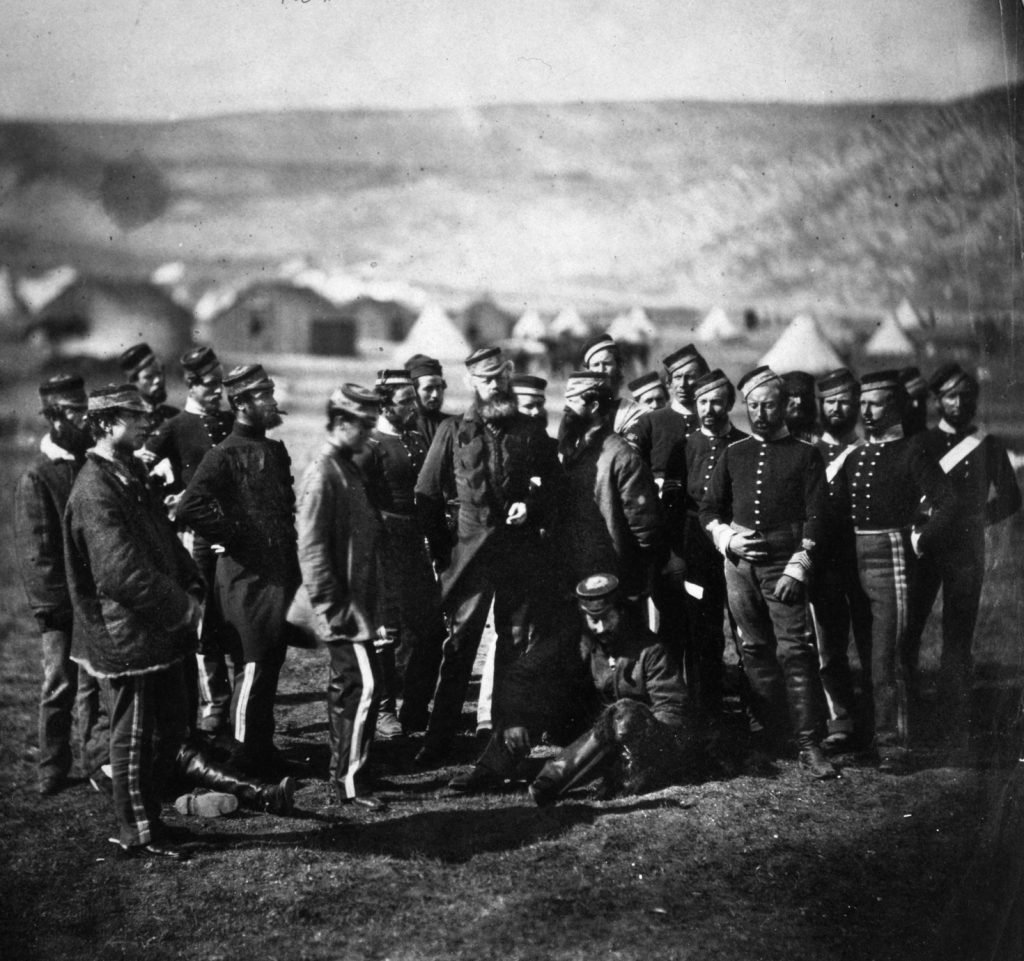Rudyard Kipling: 1865-1936
This isn’t one of Kipling’s best poems. But it reveals a side of him most people ignore. The incident described here is probably apocryphal. The savagery of the last line depends on a play on the meanings of the word charge. It’s too vicious and carries too much contempt to call it a pun.
The Charge of the Light Brigade occurred during the Battle of Balaclava in 1854. In what is sometimes remembered as one of history’s great military blunders, or stupidities, approximately 670 British lightly armed cavalry charged straight down a valley at Russian Cannons with Russian batteries firing at them from either side. There is no record of any of the troopers saying, this is a really stupid idea…Surprisingly, there were some survivors. It would probably have been quietly forgotten to every one but military historians of disaster, a classic case of bad communication, if Alfred Lord Tennyson hadn’t written ‘The Charge of the Light Brigade’ within weeks of the event.
The popularity of the poem, taught in British schools for the best part of a century, can be measured by the way phrases from it entered into popular discourse. ‘Someone had blundered’ ‘there’s not to reason why/there’s but to do and die’ even if the quotations were often incorrect.
As part of the education of British children, the poem with its insistence on the courage, glory and honour of the participants, contributed not just to to the mentality that lead to equally disastrous military stupidities in the First World War, but the the enthusiasm for the military that contributed to so many eagerly signing up for that war.
Kipling’s poem, written almost forty years after Tennyson’s is an indirect critique both of Tennyson’s poem and the British Public’s attitude towards its military, which he criticises in other poems, most simply in ‘Tommy’.
